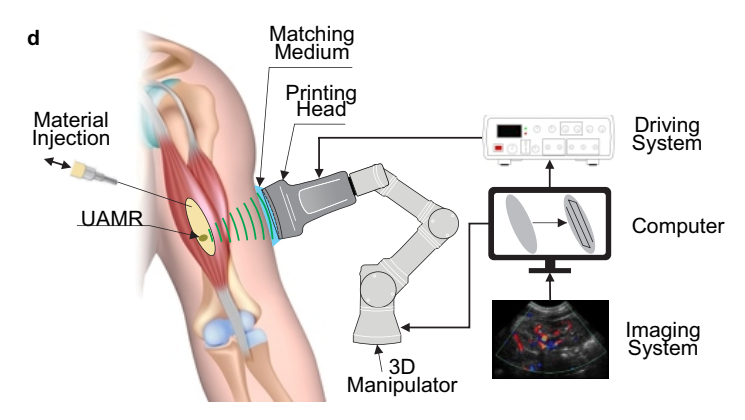HIV (Human Immunodeficiency Virus) remains a major global health challenge, affecting millions. Despite decades of research, the virus continues to evade a cure, largely due to its ability to rapidly mutate and outsmart the immune system. This results in chronic infection, weakening the immune system and increasing vulnerability to AIDS and other infections.
Researchers at the Massachusetts Institute of Technology (MIT) have taken a significant step toward eradicating AIDS. Their groundbreaking study introduces a new vaccination method that could potentially eliminate HIV infection with just two shots.
A Revolutionary Immune Response Strategy
The researchers discovered a technique that primes the immune system to produce a robust response to HIV. By administering a smaller initial dose followed by a larger booster dose, they generated significantly higher levels of neutralizing antibodies—crucial for combating the virus.
Practical and Cost-Effective for Global Impact
This two-shot approach offers several advantages over traditional vaccine regimens. It is more practical for mass vaccination campaigns and could reduce the overall cost of HIV prevention. If successful, this method could be a game-changer in the fight against AIDS, a disease that has devastated millions of lives worldwide.
While further research is needed to confirm the efficacy of this new method, MIT’s findings offer a promising glimpse into the future of HIV prevention.







